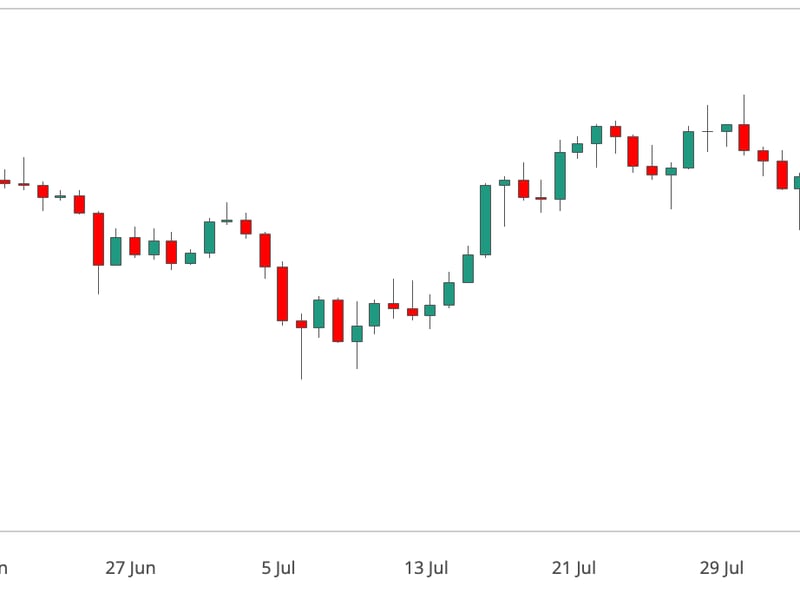‘Predatory’ Bots Exploiting Decentralized Crypto Exchanges: Report

Arbitrage bots are exploiting “inefficiencies” in decentralized exchanges (DEX), according to a report.
Citing recent research from Cornell Tech, Homeland Security News Wire said on Monday that such cryptocurrency platforms are being used by “predatory users” to profit from everyday trades, “siphoning millions or possibly billions of dollars a year in cryptocurrency.”
In some cases, high fees are paid to prioritize certain transactions, posing a security threat to entire blockchains, the piece said.
According to the article:
“Like high-frequency traders on Wall Street, these bots exploit inefficiencies in DEXes, paying high transaction fees and optimizing network latency to frontrun, i.e., anticipate and exploit, ordinary users’ DEX trades.”
The researchers spent 18 months tracking trades on six unnamed decentralized exchanges and found bots were exploiting time delays on these exchanges to make trades faster than is possible by human users.
Study author Philip Daian, a doctoral student in computer science at Cornell Tech, said that, in a traditional system, users have a broker or someone they are trading through and have a relationship based on trust.
In a decentralized system, however, the broker is replaced by blockchain tech, “which seems like a trusted third party, but in reality there are a lot of different moving parts in the blockchain that can be manipulated,” Daian said. “So you have to be very careful about what the blockchain is actually giving you.”
Daian further said that cryptocurrency miners have a “tremendous” amount of power, being able to accept higher fees to prioritize certain trades, “making the entire system vulnerable, or they may even rewrite blockchain history to steal funds already allocated by smart contracts.”
It’s worth noting that, to do so, miners would need to control the majority of a blockchain network’s hashing power – a so-called 51-percent attack – which brings with it great cost. However, such attacks have become more common in the last year.
The study adds that such arbitrage tactics may also be used on centralized exchanges, which is likely a “billion-dollar issue.”
Correction (14:47 UTC): This article previously attributed the news to the U.S. Department of Homeland Security. This was erroneous and has been corrected.
Trading chart image via Shutterstock










